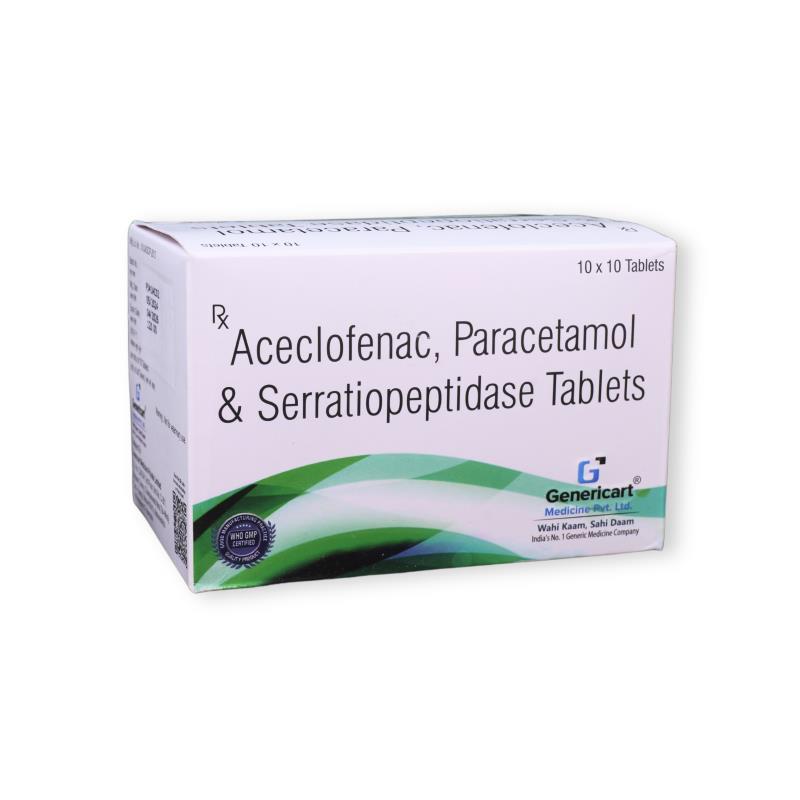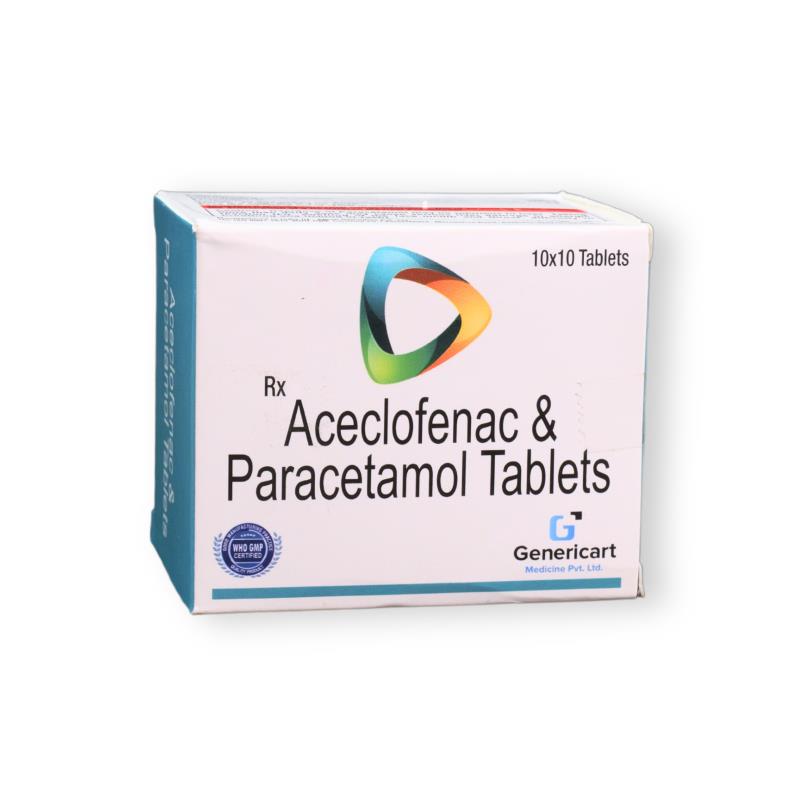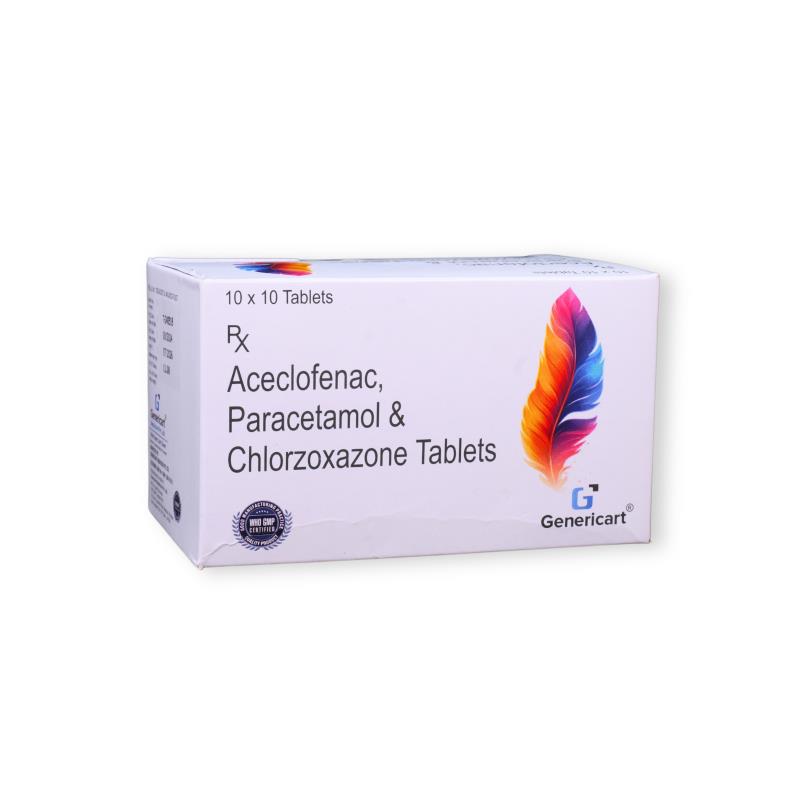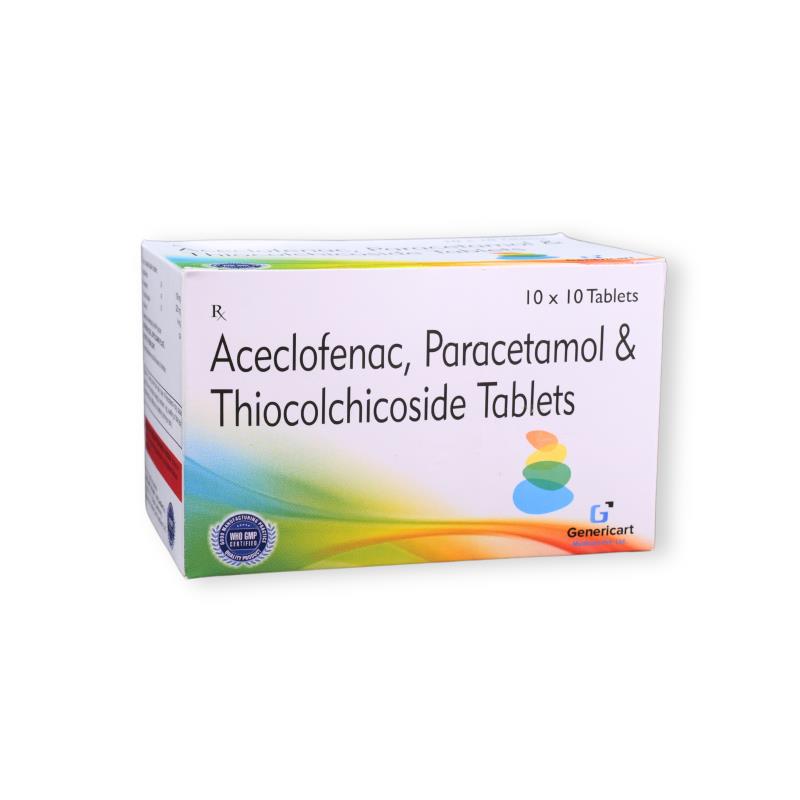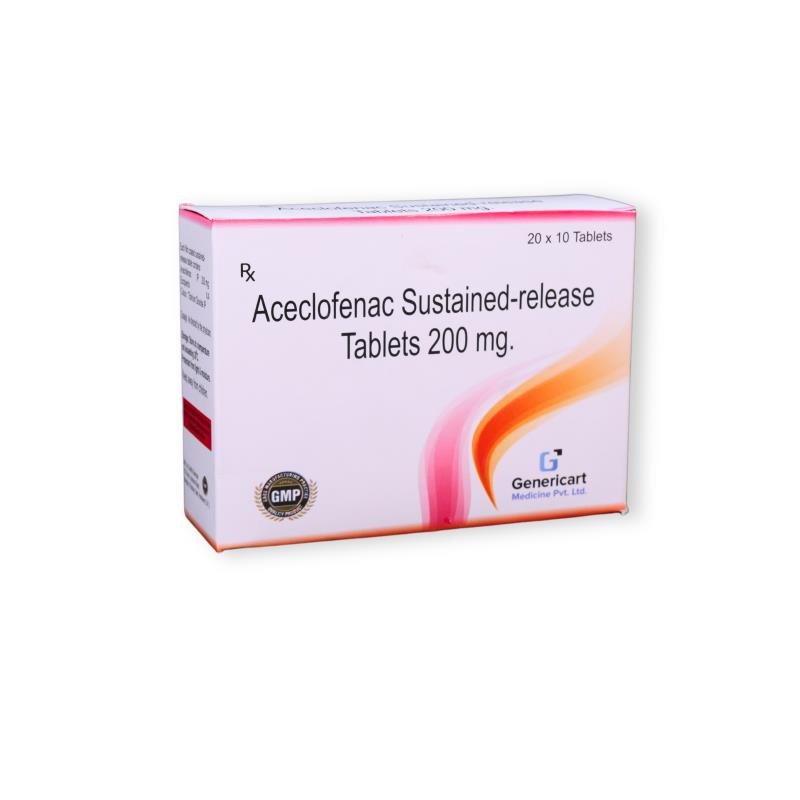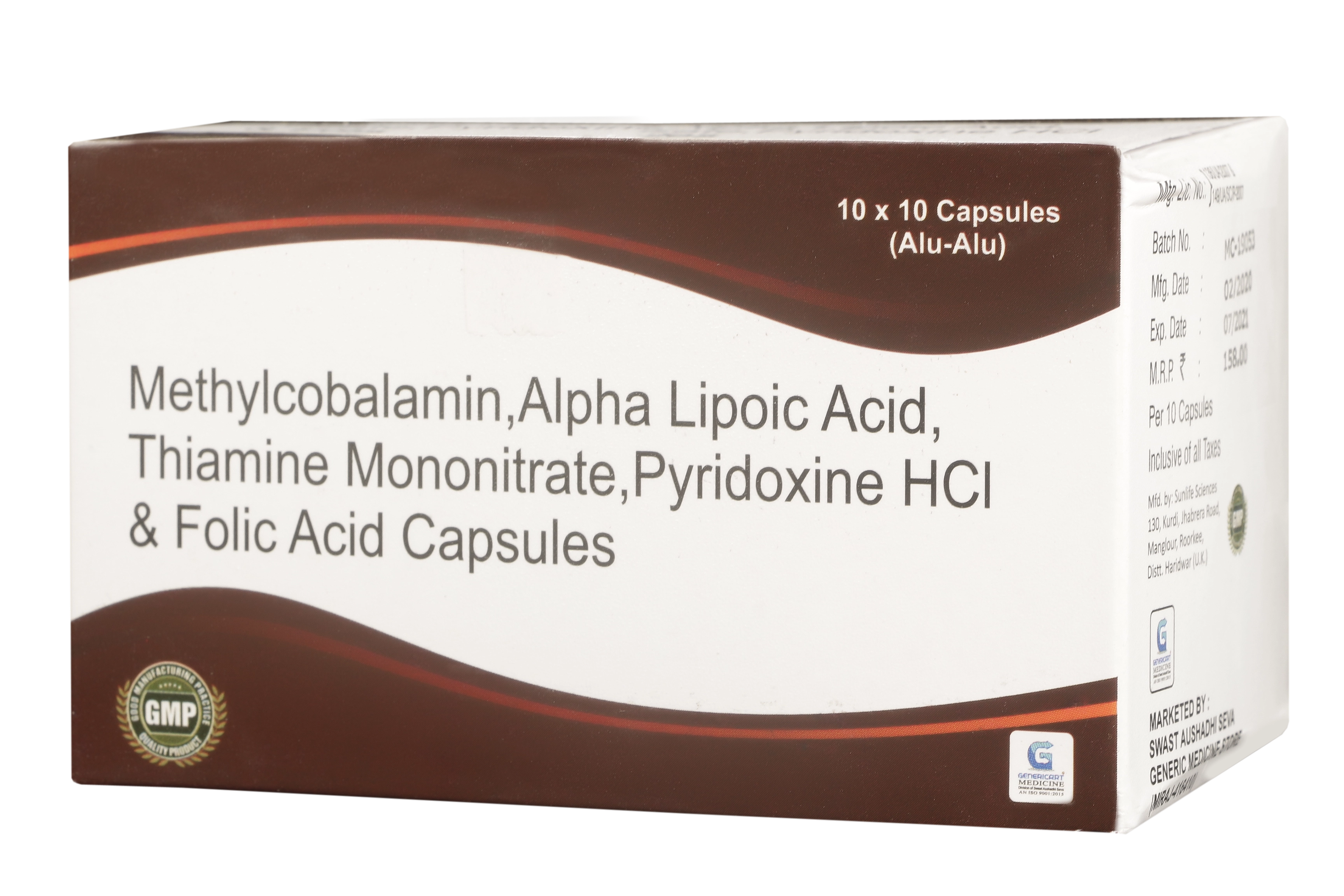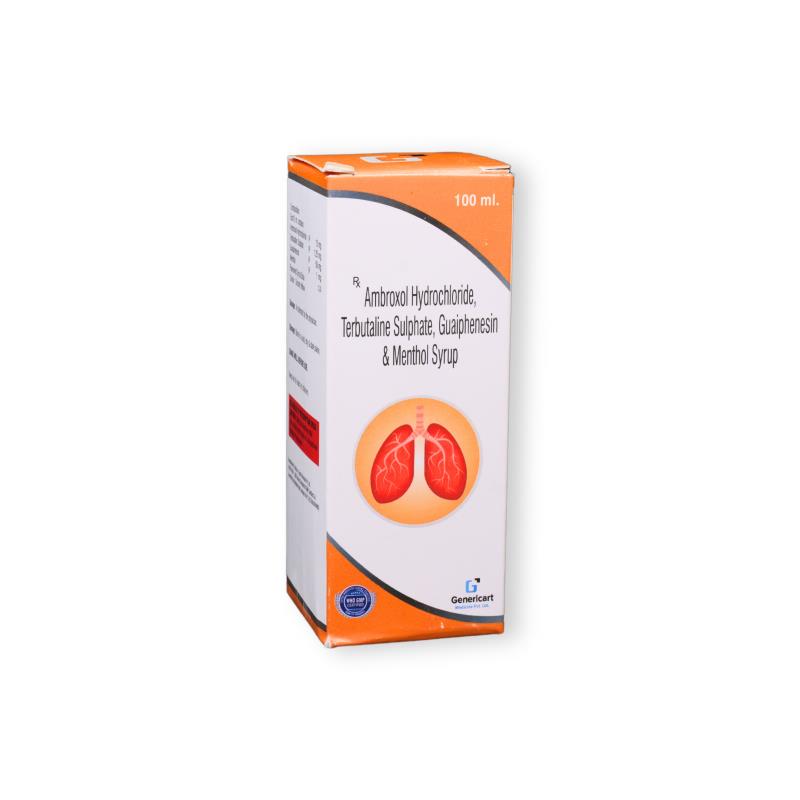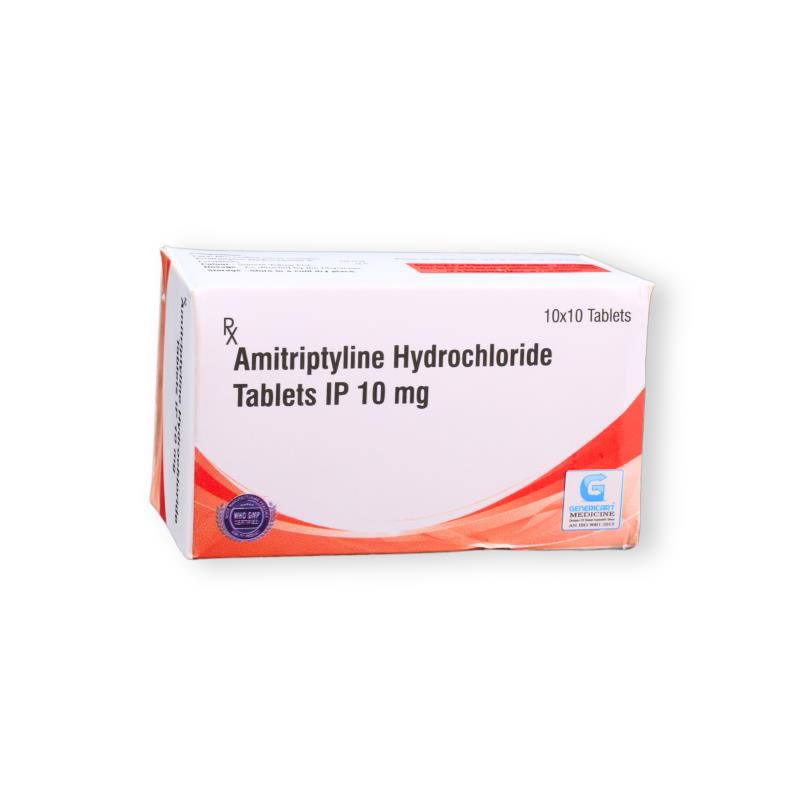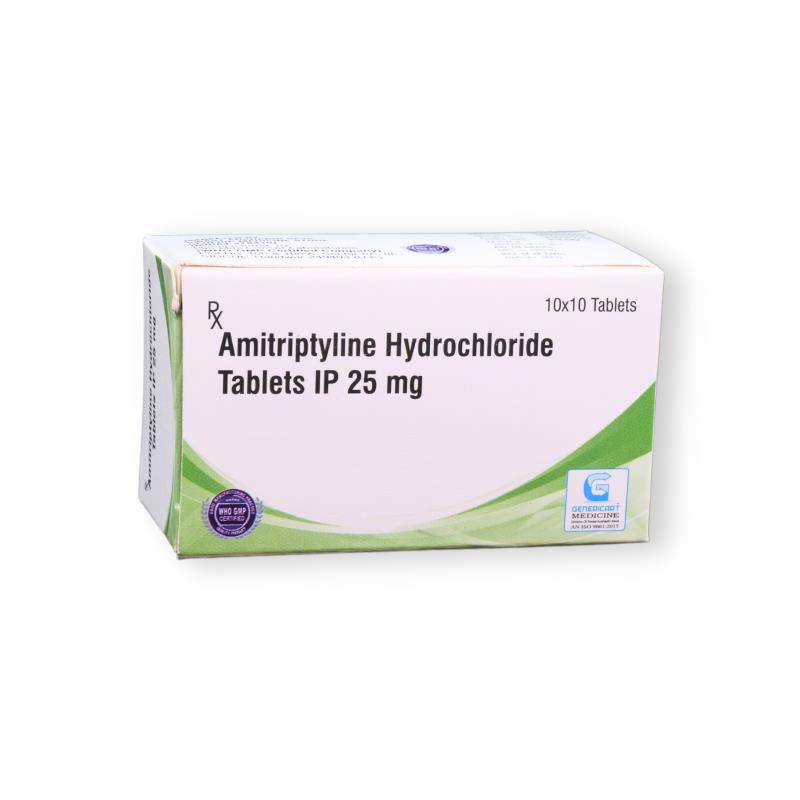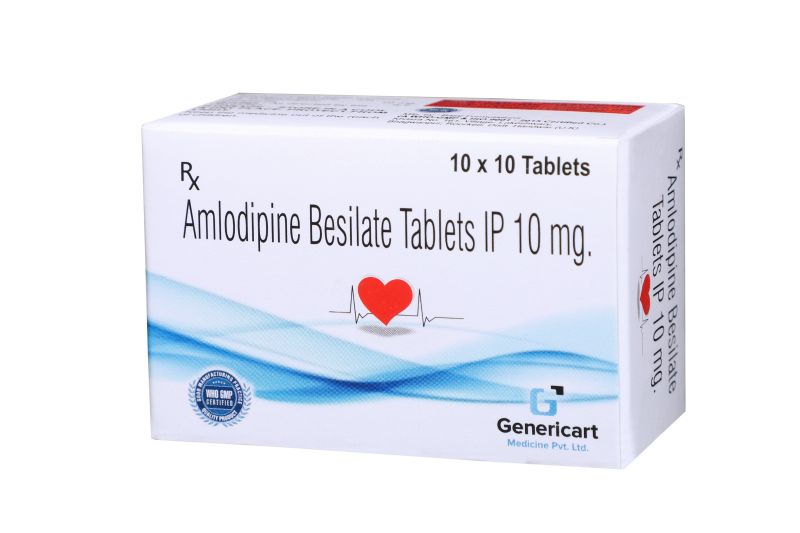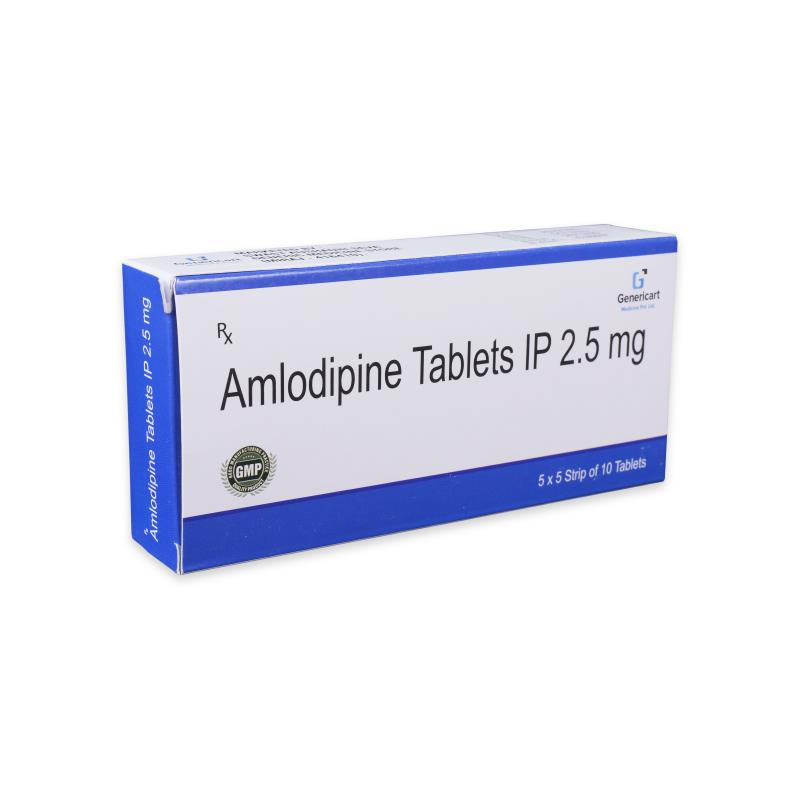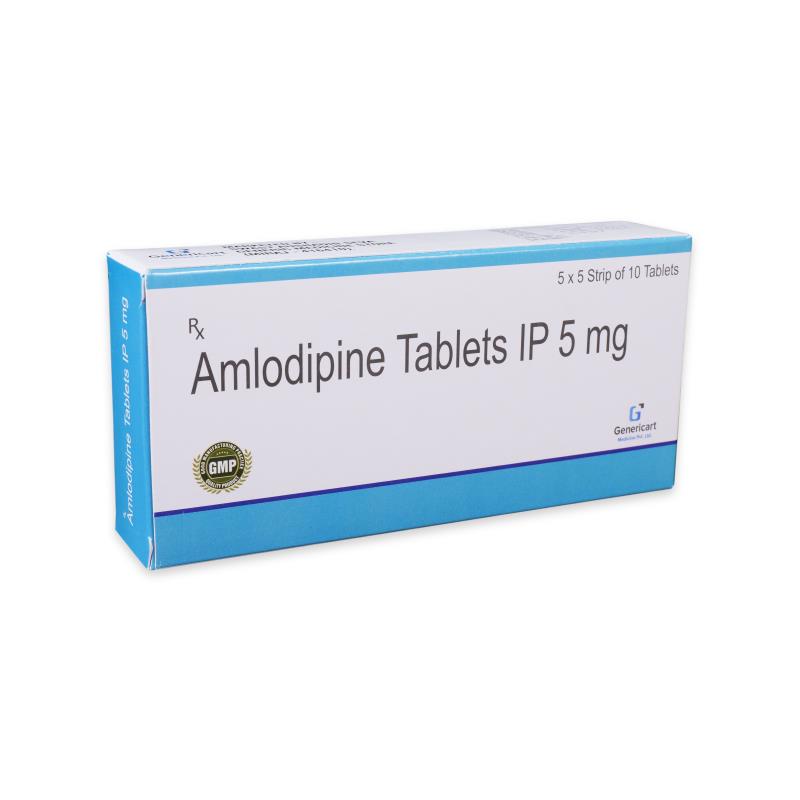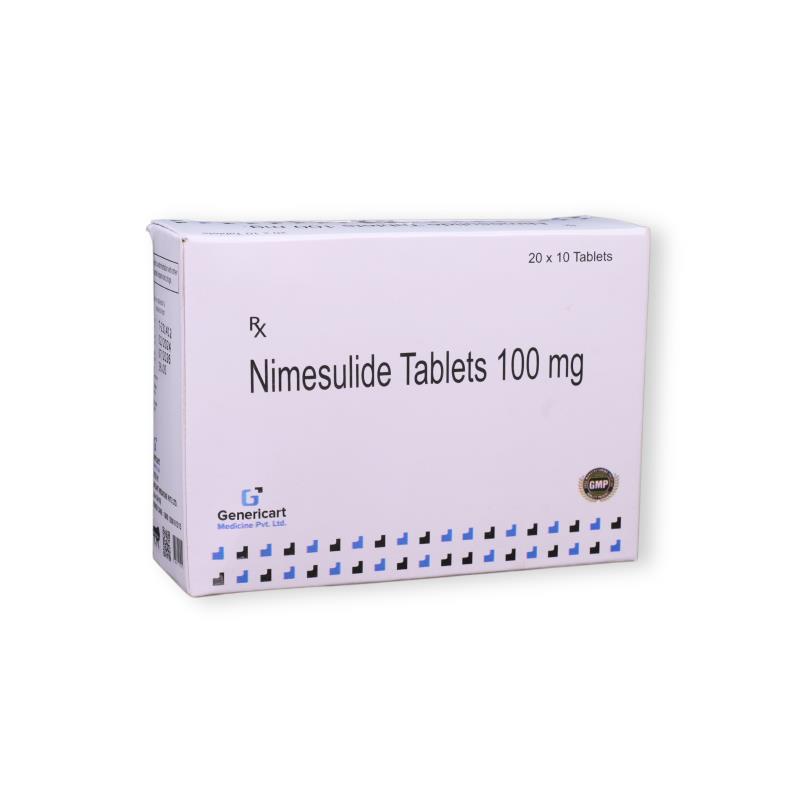


Nimesulide 100 Mg
NIMESULIDE 100 MG
Views: 21979
Product Code: GMP0197
STRIP OF 10 TAB
MRP: ₹ 38.00 (Inclusive of all taxes)
₹ 8.00 ( 78.95% Off )
Share Product
Product Details
NIMESULIDE 100 MG
Below are the product's comprehensive details, including its indications, administration, storage, side effects, safety advice, references, mechanism of action, and therapeutic uses.
At Genericart, our primary goal is to provide information that is thoroughly reviewed, accurate, and reliable. However, it is important to note that the content provided here should not be considered a substitute for professional medical advice. The information presented on our platform is intended for educational purposes only and may not cover all aspects of specific health conditions, medications, potential side effects, drug interactions, warnings, or alerts. We strongly encourage consulting with a qualified healthcare professional for advice and guidance regarding their health concerns and medication needs.
Related
Curated for you - perfect companions to complete your health journey!
Views: 380816
Category - Medicine Product ACECLOFENAC 100 MG + PARACETAMOL 325 MG + SERRATIOPEPTIDASE 15 MGSTRIP OF 10 TAB
₹ 35.00120.00
Views: 10293
Category - Medicine Product ACECLOFENAC 100 MG + PARACETAMOL 325 MGSTRIP OF 10 TAB
₹ 23.0059.00
Views: 124185
Category - Medicine Product ACECLOFENAC 100 MG + PARACETAMOL 325 MG + CHLORZOXAZONE 250 MGSTRIP OF 10 TAB
₹ 37.0082.00
Views: 28644
Category - Medicine Product ACECLOFENAC 100 MG + PARACETAMOL 325 MG + THIOCOLCHICOSIDE 4 MGSTRIP OF 10 TAB
₹ 113.00198.00
Views: 34417
Category - Medicine Product METHYLCOBALAMIN 1500 MCG + ALPHA LIPOIC ACID 100 MG + FOLIC ACID 1.5 MG + THIAMINE MONONITRATE 10 MG + PYRIDOXINE HYDROCHLORIDE 3 MGSTRIP OF 10 CAP
₹ 68.00158.00
Views: 30023
Category - Medicine Product AMBROXOL HYDROCHLORIDE 15 MG + TERBUTALINE SULPHATE 1.25 MG + GUAIPHENESIN 50 MG + MENTTHOL 1 MG FLAVOURED BASEBOTTLE OF 100 ML
₹ 45.0086.00
Views: 6661
Category - Medicine Product AMITRIPTYLINE HYDROCHLORIDE 10 MGSTRIP OF 10 TAB
₹ 15.0021.00
Views: 2931
Category - Medicine Product AMITRIPTYLINE HYDROCHLORIDE 25 MGSTRIP OF 10 TAB
₹ 21.0023.00
